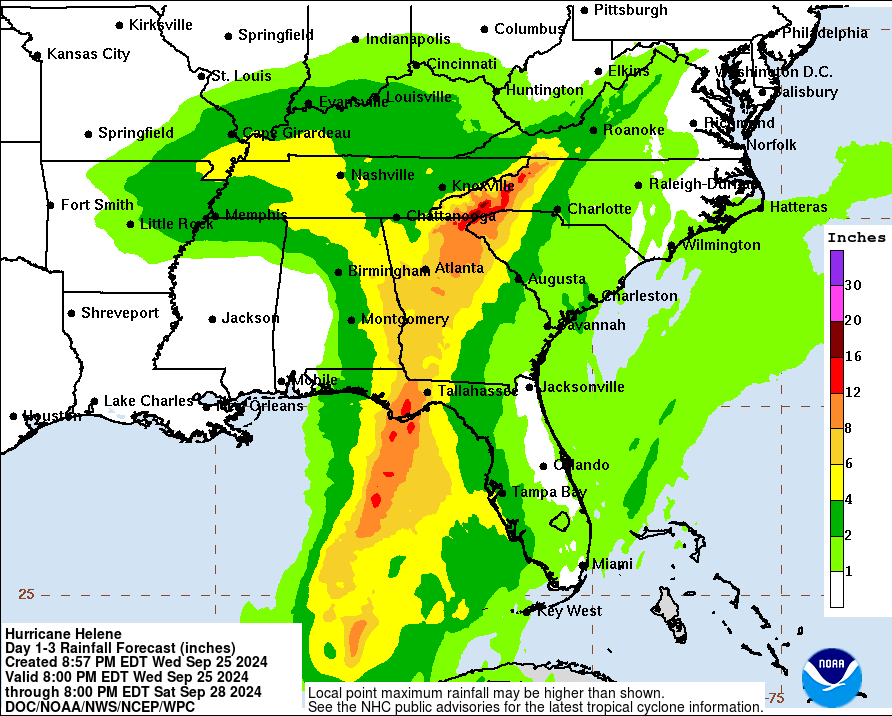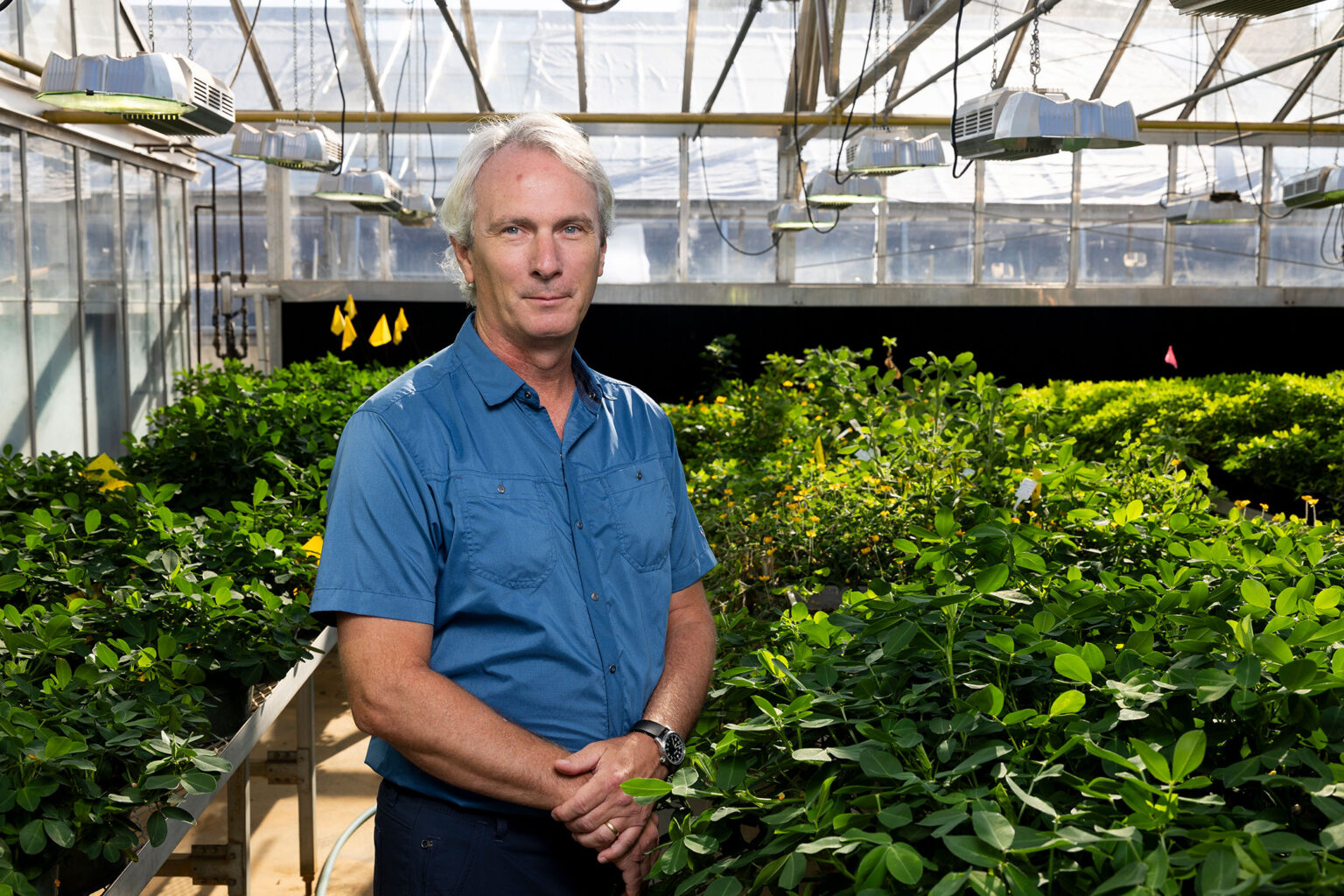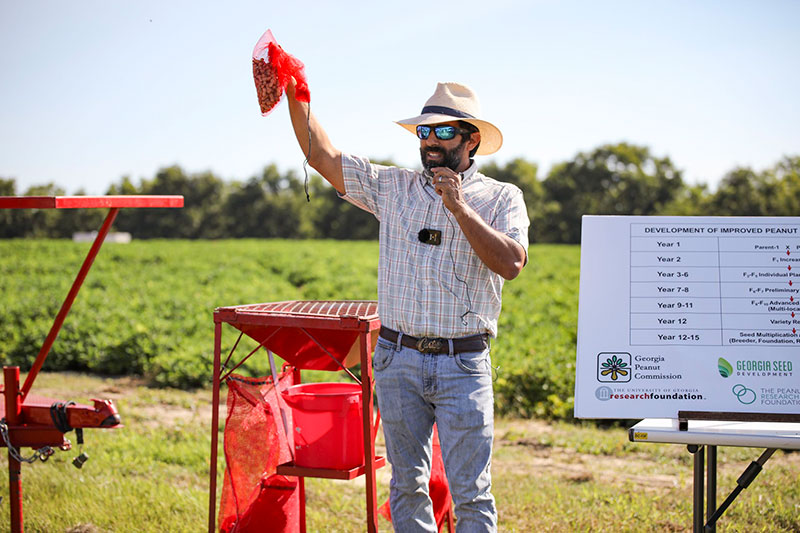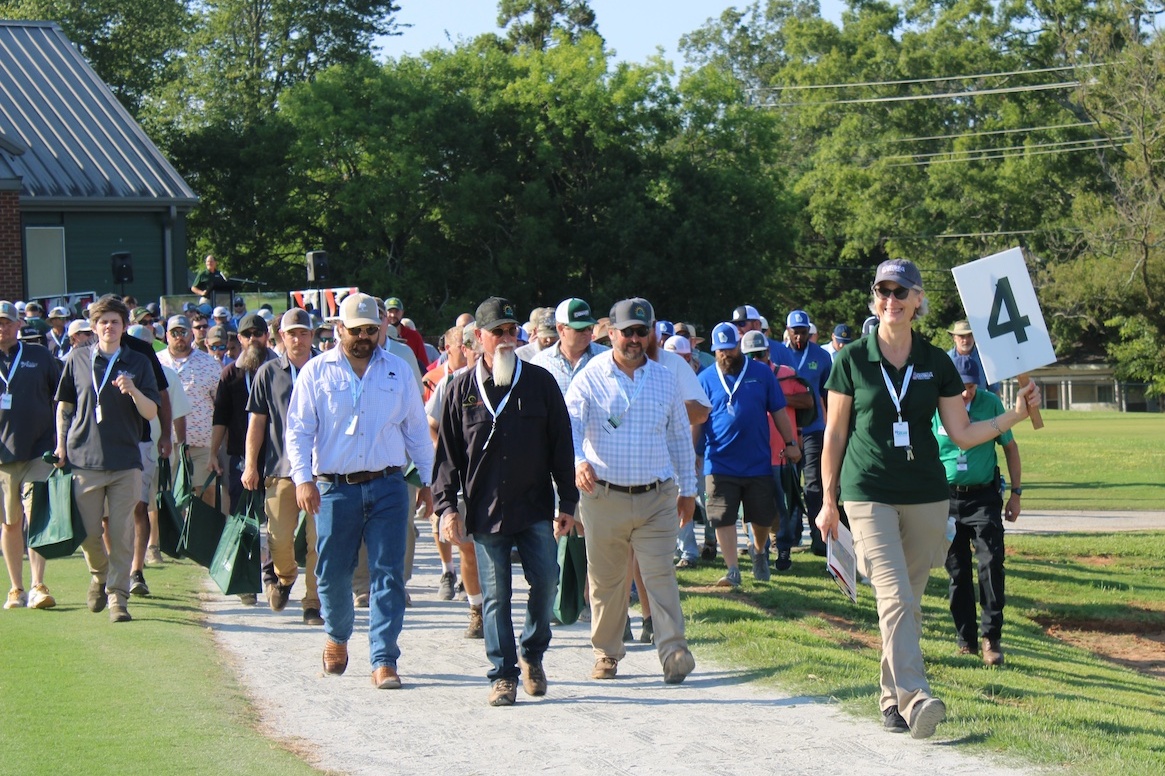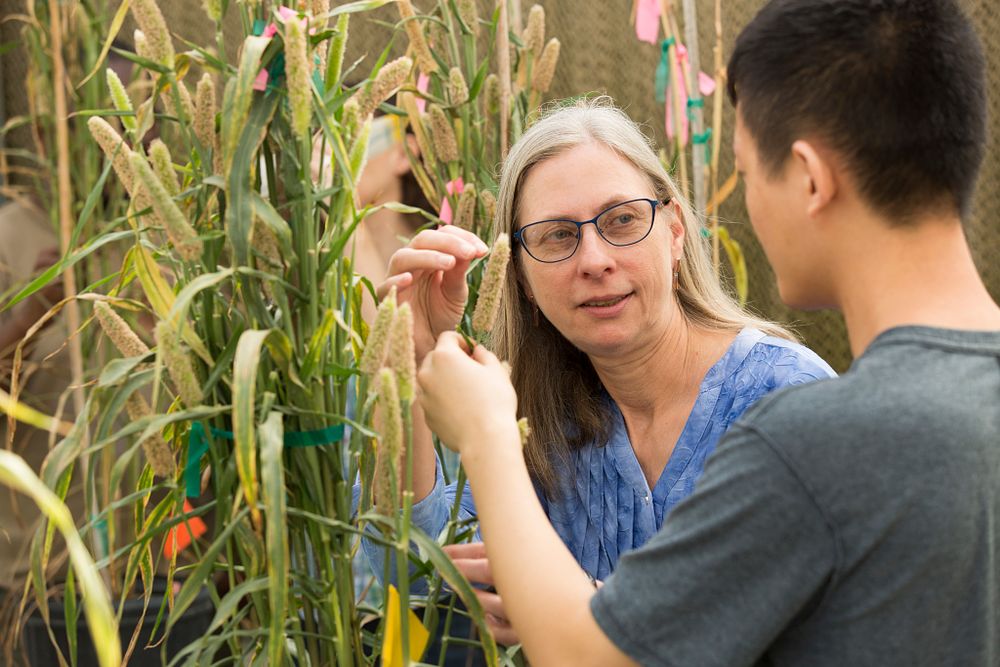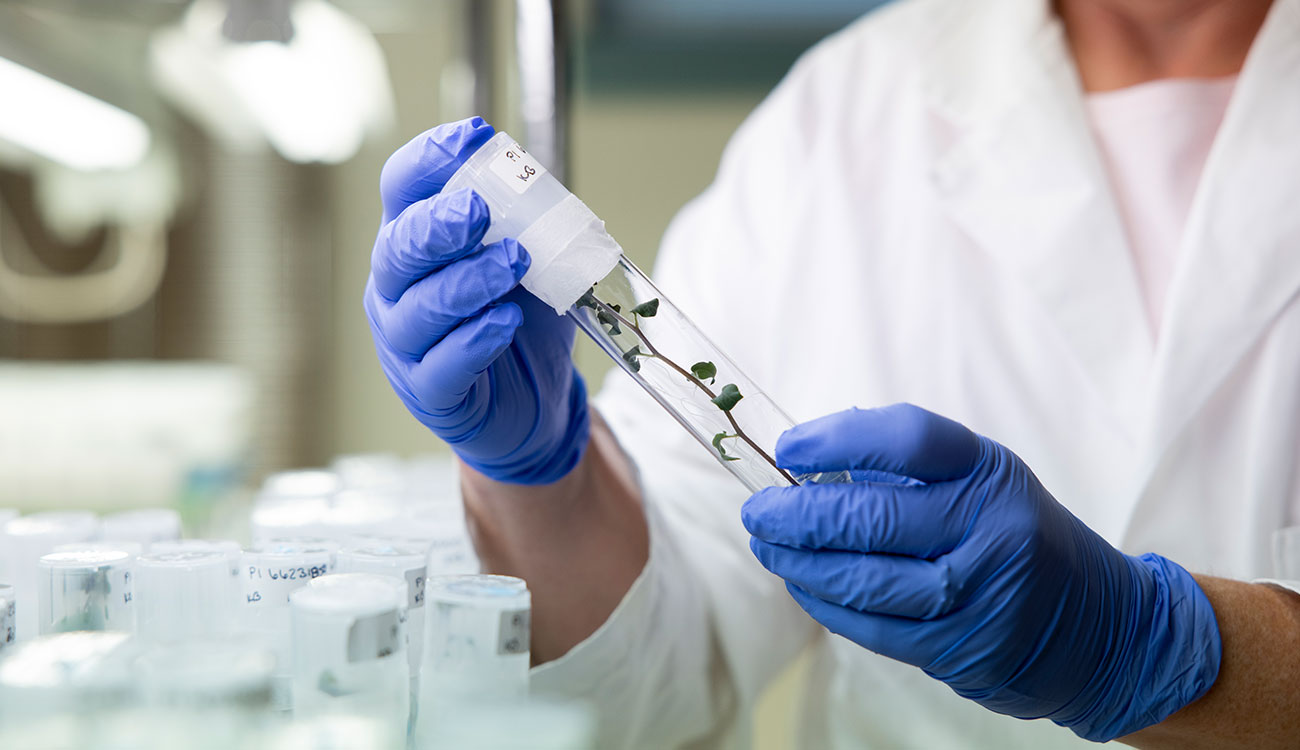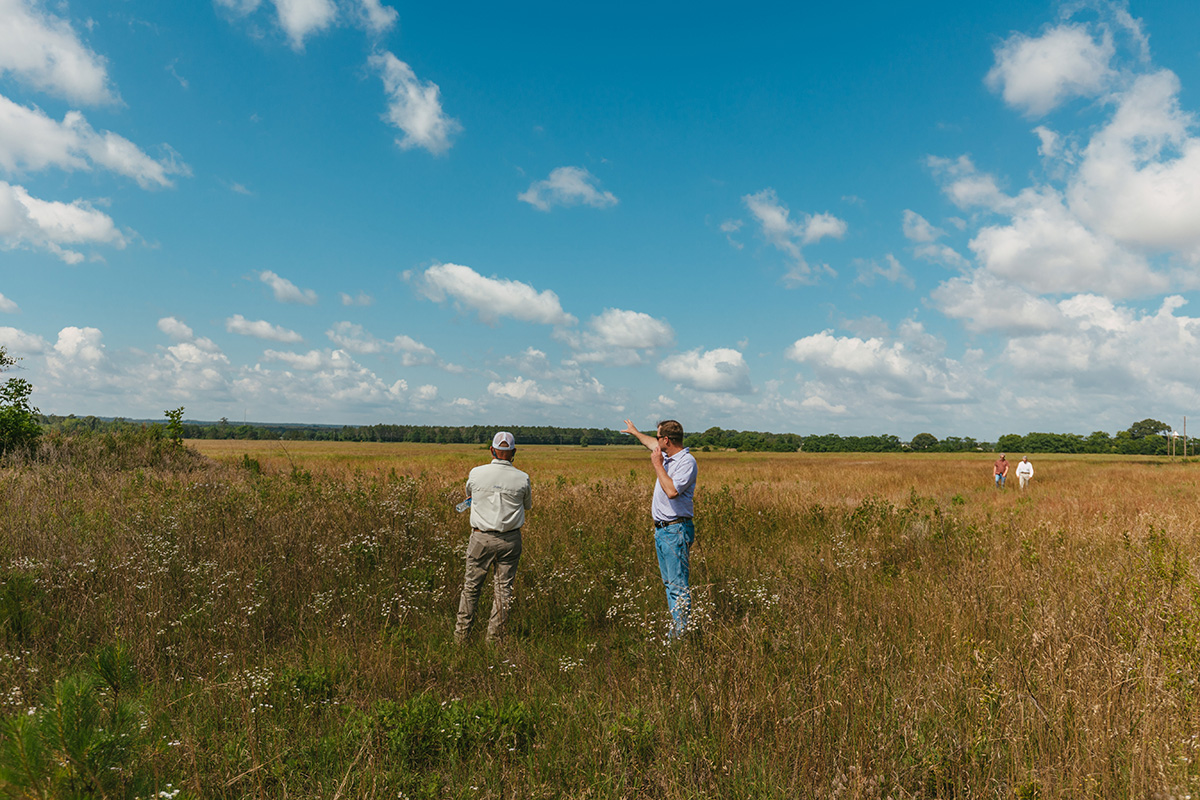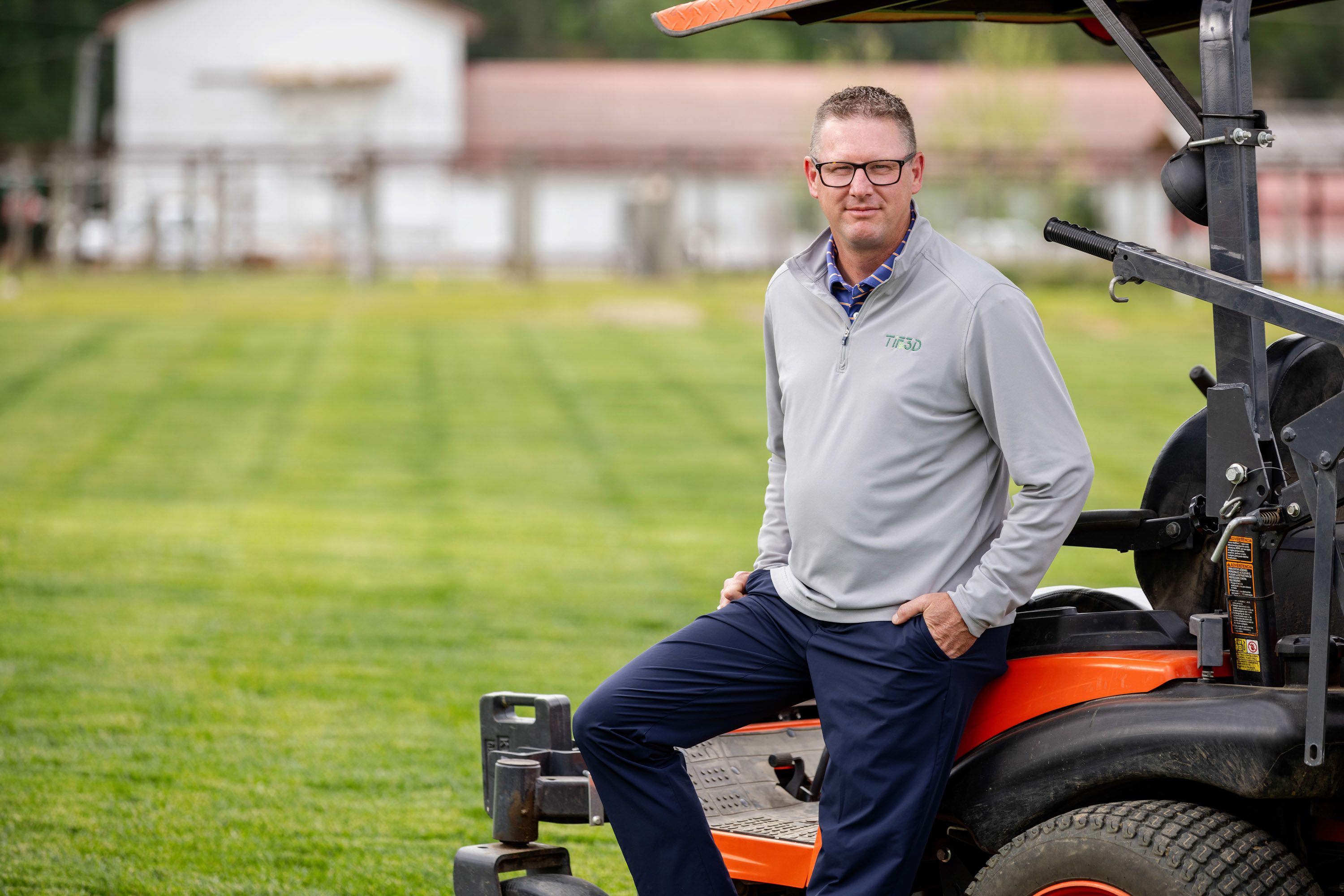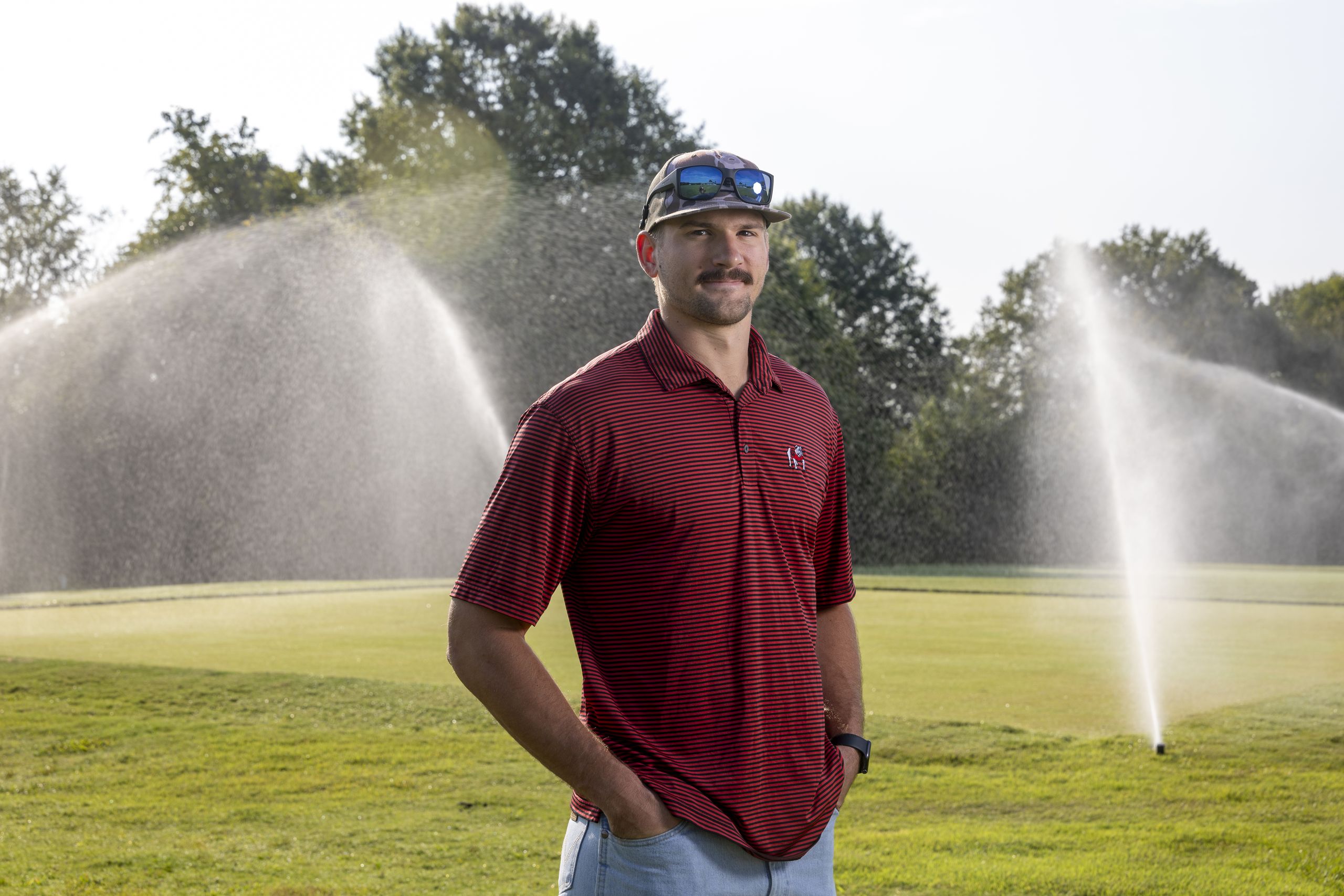 CAES News
CAES News
Game Changers
It’s a special moment to step inside Sanford Stadium and walk across that sprawling green field between the hedges. While the grass beneath your feet may not always be your first thought at the Freshman Welcome or Commencement, it is for Gavin Shytle. Keeping the turf safe, healthy, and aesthetically pleasing is the sworn duty of Shytle and his fellow turfgrass management majors. Before athletes even hit the ground running, he makes sure the ground is prepped for them.

